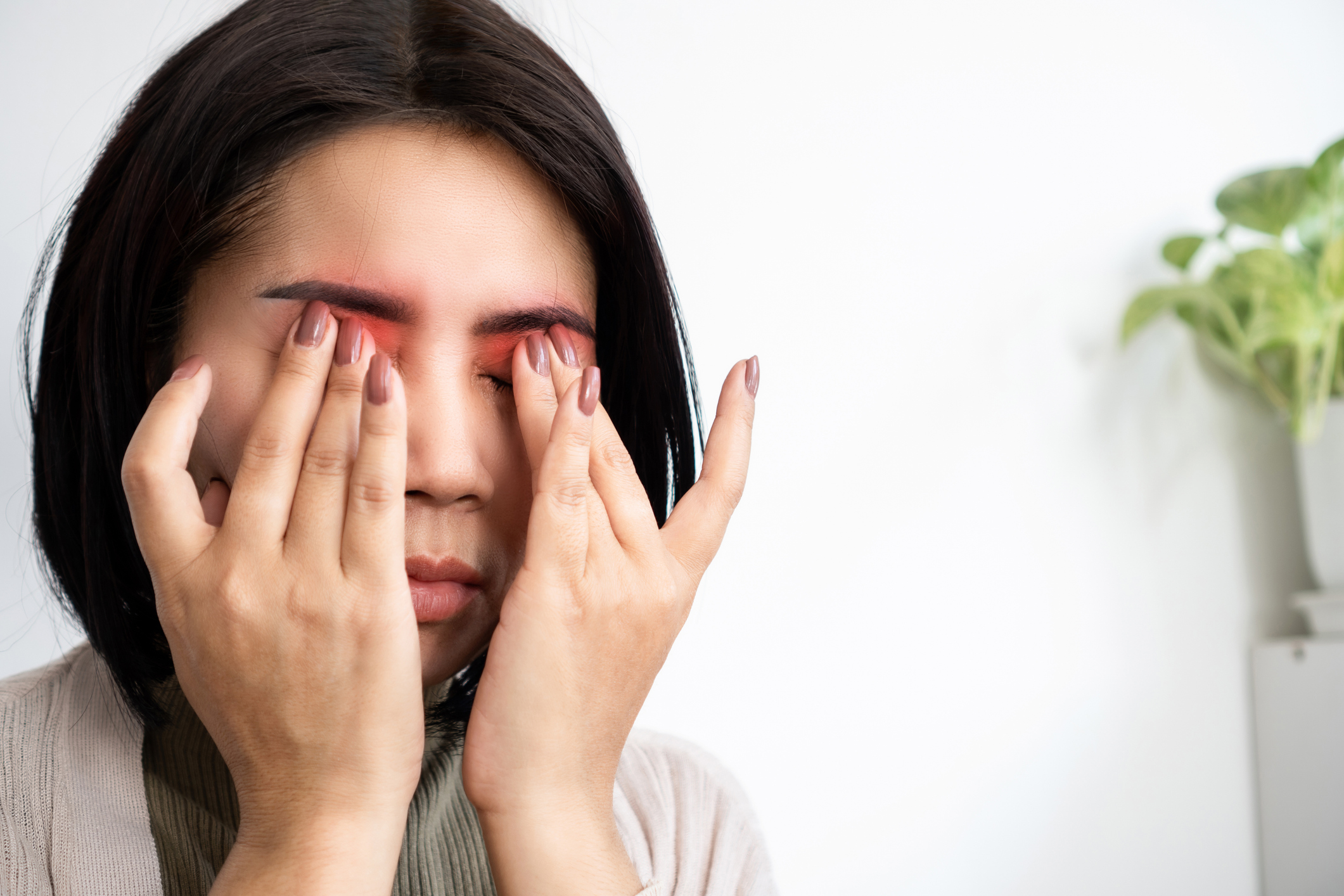Dry eyes and blurred vision? These vitamins can help improve your eye health.

Dry eyes and blurred vision are two of the most common visual disorders. Both can have multiple causes, including prolonged use of electronic devices, conditions such as diabetes or hypertension, and nutritional deficiencies.
A lack of essential vitamins impacts the formation of tissues and pigments necessary for eye function, which can increase the risk of eye diseases.
Common causes of dryness and blurred vision Dryness occurs when the eye's natural lubrication decreases or tears evaporate quickly. This problem often requires the use of artificial tears to relieve discomfort.
Blurred vision, on the other hand, can be associated with refractive errors such as myopia or presbyopia, eye diseases such as conjunctivitis, cataracts and glaucoma, or systemic conditions such as diabetes and hypertension.

Common causes of dryness and blurred vision. Photo: iStock
Essential for maintaining healthy cornea and promoting night vision. Deficiency can cause night blindness. It is found in eggs, dairy products, carrots, apricots, and spinach.
It is an antioxidant that protects eye cells from oxidative damage. Several studies link its consumption with a reduced risk of age-related cataracts. It is found in walnuts, sunflower seeds, and avocados.

Vitamins to reduce eye discomfort. Photo: iStock
Another important antioxidant that protects the cornea and sclera by stimulating collagen production. It also helps delay the development of cataracts. Its main sources are citrus fruits, red bell peppers, broccoli, and kale.
Incorporating these vitamins through a balanced diet can be a protective factor for eye health. However, specialists recommend regular eye exams to detect any vision problems early.
Are your eyes twitching and you don't know why? The involuntary twitching of one eyelid, commonly described as "eye twitching," is medically known as myokymia. According to family physician Alejandra Stivaletta, this phenomenon doesn't cause pain, but it does cause discomfort and is a sign that the nervous system is under stress.
The Mayo Clinic explains that myokymia affects the upper or lower part of the eyelid, usually in only one eye. Although it resolves quickly, it can recur several times throughout the day.
According to Stivaletta, stress, fatigue, and lack of sleep are common causes of these spasms. Potassium deficiency, excessive caffeine consumption, and high alcohol intake also play a role.

Eye health Photo: iStock
- Sleep more and improve the quality of rest.
- Incorporate foods rich in potassium, such as bananas, spinach, and avocado.
- Take breaks every 45 minutes in front of screens.
El Universal (Mexico) / GDA.
More news in EL TIEMPO *This content was rewritten with the assistance of artificial intelligence, based on information from El Universal (GDA), and reviewed by the journalist and an editor.
eltiempo



